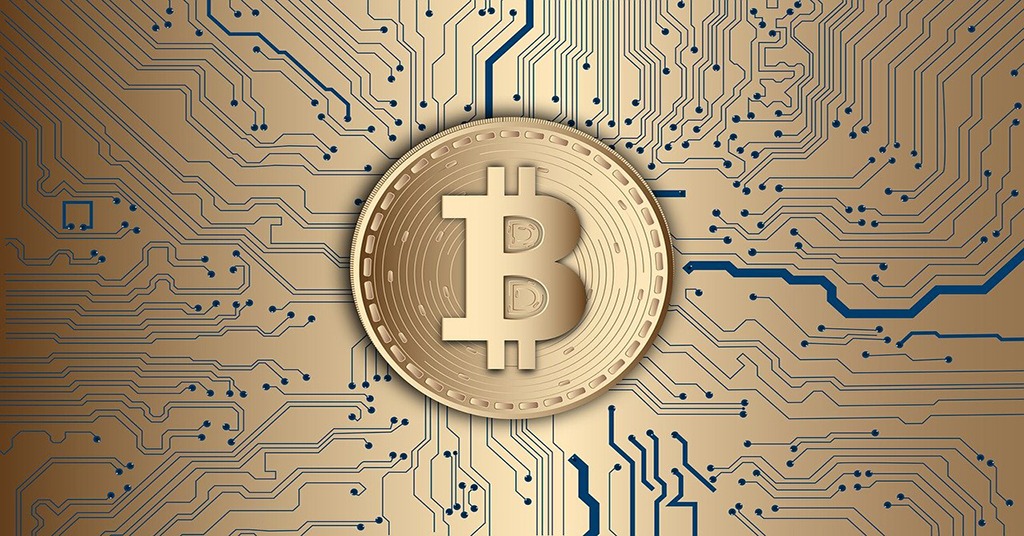
If there is any one thing that most consumers can agree on, it would be an across-the-board fear of being hacked. It is irritating enough when a media account gets hacked, and you are asked to befriend someone you’ve been friends with for years and years but when your bank is hacked, that’s a royal nightmare. There have been too many breaches in recent years which is why there is an outcry from the public to ramp up security. Maybe blockchain technology has the answers.
Financial Institutions Are the Scariest
Not only are you looking at any money you already have in the bank but you also have the worry over whether or not the bank’s accounts will be up and running by the time your next paycheck is direct deposited, and that’s only a matter of days away. Notwithstanding, you are scared that the hacker gains access to other important information such as your credit cards that are linked to your bank account; your savings account, which is a totally different account; and even your address because of the risk of home robberies. Maybe it’s time today’s financial institutions and other websites dealing with highly sensitive customer information learned a thing or two from blockchain technology.
Not Foolproof But Nearly So
While the blockchain isn’t exactly 100% foolproof, it is much more difficult to hack simply because of the way in which it is decentralized. This is why so many artists are turning to NFTs like those on the okx.com marketplace when creating original works of art. Musicians and creatives of all types are authenticating ownership of their assets with non-fungible tokens. These are extremely difficult to access because they are ledger entries spread out over millions of computers around the globe. The blockchain is not regulated by any government agency so all that important customer information is so spread out that a hacker would need to access at least half the computers on that global network at the very same moment in time. Does that sound doable to you?
The Need to Better Educate Consumers on Inherent Risks
Since Bitcoin first hit the world running in 2009, there has been a concerted effort to educate the general public on how this technology works. Every crypto and NFT site offers important tips on how to protect assets. Traders and investors are warned about keeping their accounts in cyberspace. Even though it is difficult to access information spread out across a global network of computers, keeping crypto assets on the exchange or in the Cloud could present a very real risk. Instead, it is suggested that every crypto and every NFT be downloaded into what they refer to as cold storage. This is typically a USB device on which all account information is downloaded. Then the device is unplugged from the computer so that there is no access to all that important account information.
Maybe it’s time that every financial, healthcare or government institution began converting to blockchain technology. In this way, they would be adding layer upon layer of security for consumers, making it next to impossible for hackers to gain access to information that could be the financial ruin of customers and institutions alike. Isn’t that their job anyway? Blockchain technology may be what it takes but, according to many, change is coming too slowly for comfort.









